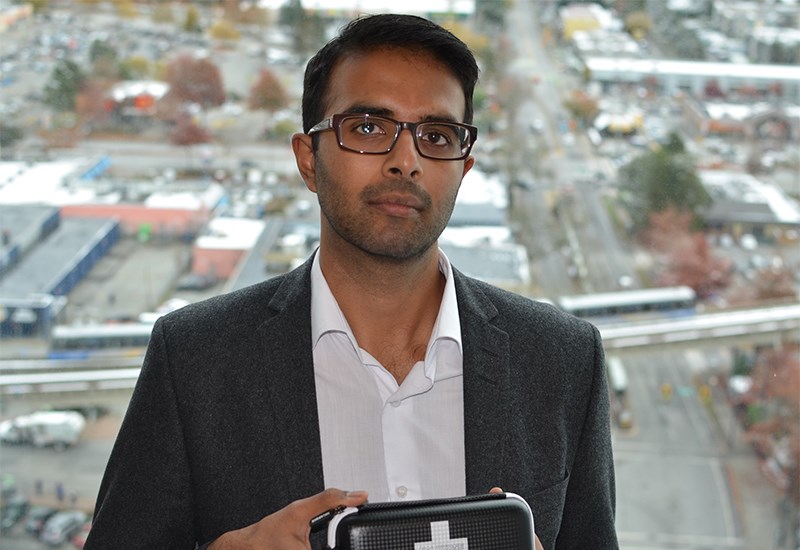Clamping down on the spike in drug overdoses is the goal of a new education campaign to reduce the stigma surrounding illicit drug use.
Fraser Health is hoping that if loved ones can talk about the issue in a safe and loving way, lives will be saved.
“We found out that many of the people who were overdosing often lived with someone else, a family member or roommate,” said Dr. Aamir Bharmal, medical health officer for Fraser Health. "We want to reach out to people who live with people who use substances and give them some tools around having a conversation around substance use and [so they can] develop a safe environment."
When Words Matter is being rolled out this week with posters, a video and on social media in an effort to bring people closer together — and perhaps prevent a drug overdose.
As well, there is a guide with tips and strategies for beginning a conversation and keeping the lines of communication open. The guide and other information can be found here.
The stigma attached to drug use may be creating a barrier between loved ones, leading to a sense of isolation and, ultimately, circumstances where people do drugs — and all too often, die — alone, Bharmal said.
“Because we know there is such a strong stigma for drug use as well as mental health issues, this is what’s driving people underground to use these substance alone at home,” he said, noting that 70% of overdoses taking place in the region are occurring in private residences.
Although opening up a conversation may be difficult, Bharmal said it can be lifesaving if, once acknowledged, loved ones are encouraged to reach out, take steps to deal with addiction while their friends and relations take steps to learn about overdose prevention, including carrying a naloxone kit to reverse the effects of an overdose.
As of the end of September, 21 people had died of an illicit drug overdose in the Tri-Cities this year.



